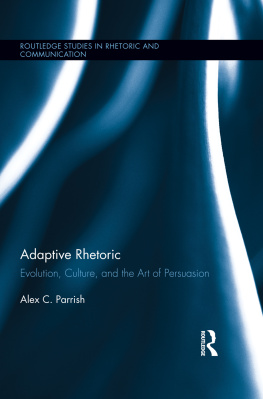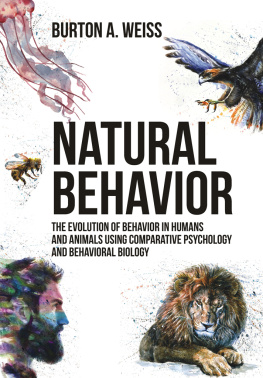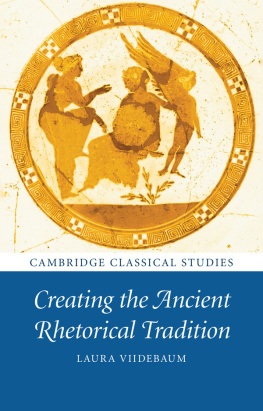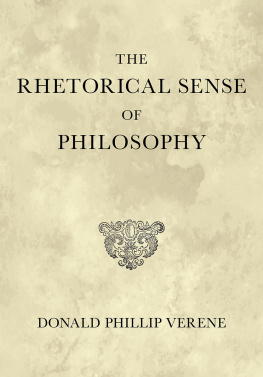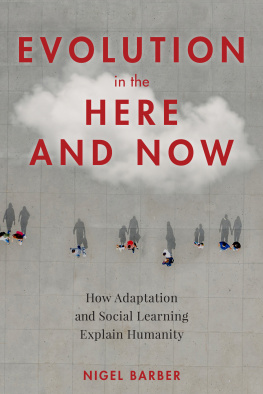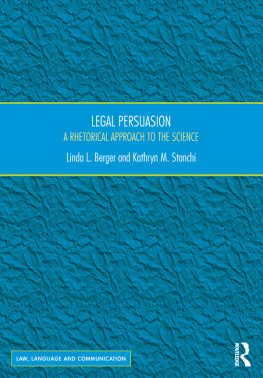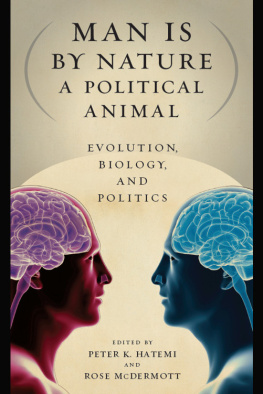
Adaptive Rhetoric
Rhetorical scholarship has for decades relied solely on culture to explain persuasive behavior. While this focus allows for deep explorations of historical circumstance, it neglects the powerful effects of biology on rhetorical behaviorhow our bodies and brains help shape and constrain rhetorical acts. Not only is the cultural model incomplete, but it tacitly endorses the fallacy of human exceptionalism. By introducing evolutionary biology into the study of rhetoric, this book serves as a model of a biocultural paradigm. Being mindful of biological and cultural influences allows for a deeper view of rhetoric, one that is aware of the ubiquity of persuasive behavior in nature. Human and nonhuman animals, and even some plants, persuade to surviveto live, love, and cooperate. That this broad spectrum of rhetorical behavior exists in the animal world demonstrates how much we can learn from evolutionary biology. By incorporating scholarship on animal signaling into the study of rhetoric, the author explores how communication has evolved, and how numerous different species of animals employ similar persuasive tactics in order to overcome similar problems. This cross-species study of rhetoric allows us to trace the origins of our own persuasive behaviors, providing us with a deeper history of rhetoric that transcends the written and the televised, and reveals the artifacts of our communicative past.
Alex C. Parrish is Assistant Professor of Writing, Rhetoric, and Technical Communication at James Madison University, USA.
Routledge Studies in Rhetoric and Communication
1 Rhetorics, Literacies, and Narratives of Sustainability
Edited by Peter Goggin
2 Queer Temporalities in Gay Male Representation
Tragedy, Normativity, and Futurity
Dustin Bradley Goltz
3 The Rhetoric of Intellectual Property
Copyright Law and the Regulation of Digital Culture
Jessica Reyman
4 Media Representations of Gender and Torture Post-9/11
Marita Gronnvoll
5 Rhetoric, Remembrance, and Visual Form
Sighting Memory
Anne Teresa Demo and Bradford Vivian (editors)
6 Reading, Writing, and the Rhetorics of Whiteness
Wendy Ryden and Ian Marshall
7 Radical Pedagogies of Socrates and Freire
Ancient Rhetoric/Radical Praxis
S.G. Brown
8 Ecology, Writing Theory, and New Media: Writing Ecology
Edited by Sidney I. Dobrin
9 The Rhetoric of Food
Discourse, Materiality, and Power
Edited by Joshua J. Frye and Michael S. Bruner
10 The Multimediated Rhetoric of the Internet
Digital Fusion
Carolyn Handa
11 Communicating Marginalized Masculinities
Identity Politics in TV, Film, and New Media
Edited by Ronald L. Jackson II and Jamie E. Moshin
12 Perspectives on Human-Animal Communication
Internatural Communication
Edited by Emily Plec
13 Rhetoric and Discourse in Supreme Court Oral Arguments
Sensemaking in Judicial Decisions
Ryan A. Malphurs
14 Rhetoric, History, and Womens Oratorical Education
American Women Learn to Speak
Edited by David Gold and Catherine L. Hobbs
15 Cultivating Cosmopolitanism for Intercultural Communication
Communicating as Global Citizens
Miriam Sobr-Denton and Nilanjana Bardhan
16 Environmental Rhetoric and Ecologies of Place
Edited by Peter N. Goggin
17 Rhetoric and Ethics in the Cybernetic Age
The Transhuman Condition
Jeff Pruchnic
18 Communication, Public Opinion, and Globalization in Urban China
Francis L.F. Lee, Chin-chuan Lee, Mike Z. Yao, Tsan-kuo Chang, Jennifer Fen Lin, and Chris Fei Shen
19 Adaptive Rhetoric
Evolution, Culture, and the Art of Persuasion
Alex C. Parrish
Adaptive Rhetoric
Evolution, Culture, and the Art of Persuasion
Alex C. Parrish

First published 2014
by Routledge
711 Third Avenue, New York, NY 10017
Simultaneously published in the UK
by Routledge
2 Park Square, Milton Park, Abingdon, Oxon OX14 4RN
Routledge is an imprint of the Taylor & Francis Group, an informa business
2014 Taylor & Francis
The right of Alex C. Parrish to be identified as author of this work has been asserted by him in accordance with sections 77 and 78 of the Copyright, Designs and Patents Act 1988.
All rights reserved. No part of this book may be reprinted or reproduced or utilised in any form or by any electronic, mechanical, or other means, now known or hereafter invented, including photocopying and recording, or in any information storage or retrieval system, without permission in writing from the publishers.
Trademark Notice: Product or corporate names may be trademarks or registered trademarks, and are used only for identification and explanation without intent to infringe.
Library of Congress Cataloging-in-Publication Data
Parrish, Alex C., 1976
Adaptive rhetoric : evolution, culture, and the art of persuasion / Alex C. Parrish.
pages cm. (Routledge studies in rhetoric and communication ; #19)
Includes bibliographical references and index.
1. Persuasion (Rhetoric). 2. CommunicationPsychological ascpects. 3. Rhetoric. I. Title.
P301.5.P47P37 2014
808dc23
2013027777
ISBN13: 978-0-415-72751-8 (hbk)
ISBN13: 978-1-315-85221-8 (ebk)
Typeset in Sabon
by IBT Global.
Contents
Acknowledgments
originally appeared in condensed form as The (Instinctual) Art of Persuasion, Evolutionary Review vol. 4, no. 1 (2013): 5766. Copyright 2013, State University of New York Press.
One of the great challenges to interpersonal communication is that sometimes people only hear what they want to hear. When I first began outlining this book, I explained to one of my colleagues what I wanted to do. I told him that I would be exploring the ways we can examine the influence of both biology and culture on the art of persuasion. After running through most of my stock examples demonstrating biology and culture cooperating or competing to guide human action, telling him about some of the intriguing work being done in the fields of ethology and evolutionary cognitive psychology, and referencing some of the more popular big idea books on the interplay between genes and culture, my fellow student thought for a few moments and then, with a look of concerned semirevulsion on his face, replied, Wow. Biological reductionism. Thats gonna be a hard sell!
Whether it is a fundamental part of human nature to divide issues in half and only allow for one of those halves to be valid, good, or moral, this seems to be one of the tricks our brains use to navigate the world of ideas. We also use this method of bifurcating topics to bring others around to our ways of thinking. The rhetorical term for this is dialysis: the presentation of an either/or figure to lead an audience to a certain conclusion (and in the case of biology and culture, it is also a false dilemma). Often we make the alternative to our preferred conclusion unappealing. An example from my childhood illustrates this well. As my dad used to say when I would complain about the toppings he ordered on our pizza, You can eat this or you can eat nothing. To a growing boy who did not yet have a job of his own, this was a fairly compelling argument. However, the real lesson I learned was not to accept what I was given but instead be sneaky about picking off the green peppers.
Next page
